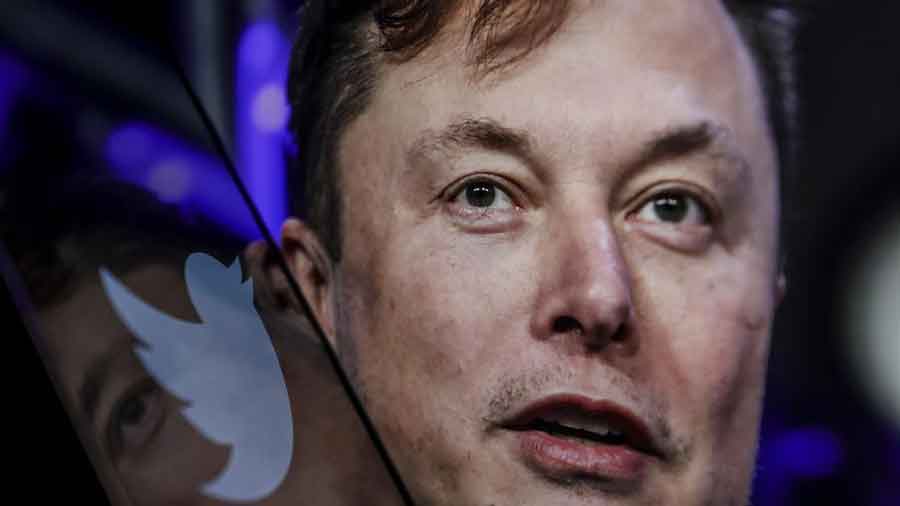Elon Musk is threatening to pull out of his $44 billion acquisition of Twitter if the company does not provide more information on how it calculates the number of fake accounts.
In a letter delivered to Twitter on Monday and filed with the US Securities and Exchange Commission, Musk’s lawyers at the law firm Skadden, Arps, Slate, Meagher & Flom argued that Twitter was “actively resisting and thwarting” Musk’s rights under the terms of his deal to acquire the social media company.
His lawyers accused Twitter of a “clear material breach” of its obligations and said that Musk had the right to break off the agreement as a result.
The letter said Musk had “repeatedly” requested more information about how Twitter measured spam and fake accounts on its platform and that he had “made it clear that he does not believe the company’s lax testing methodologies are adequate so he must conduct his own analysis”.
The letter featured the most direct words yet about Musk potentially scrapping the deal, something he has, so far, obliquely suggested he might do through tweets and other off-the-cuff statements. The letter also presents a new legal argument for pulling out of the deal, opening a new front in the increasingly bitter back and forth.
Twitter’s cooperation was necessary to secure the debt financing that banks have committed to fund the deal, the letter said. Morgan Stanley and other lenders have committed a total of $13 billion in debt to help pay for Musk’s takeover.
A spokesperson for Morgan Stanley did not immediately respond to a request for comment.
Twitter’s response to previous queries from Musk’s team, which gave more detail about the company’s methodology for measuring fake accounts, was “tantamount to refusing Mr Musk’s data requests,” the letter said.
“Twitter has and will continue to cooperatively share information with Musk to consummate the transaction in accordance with the terms of the merger agreement,” a Twitter spokesman said .
Twitter’s stock opened lower on Monday, before regaining some ground to trade at about $39.50 per share, still below the $54.20 price set in the deal with Musk.
(New York Times News Service)











